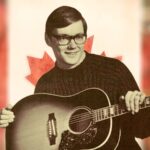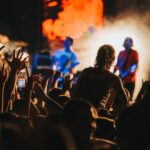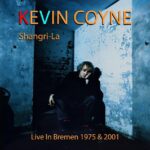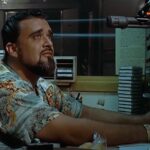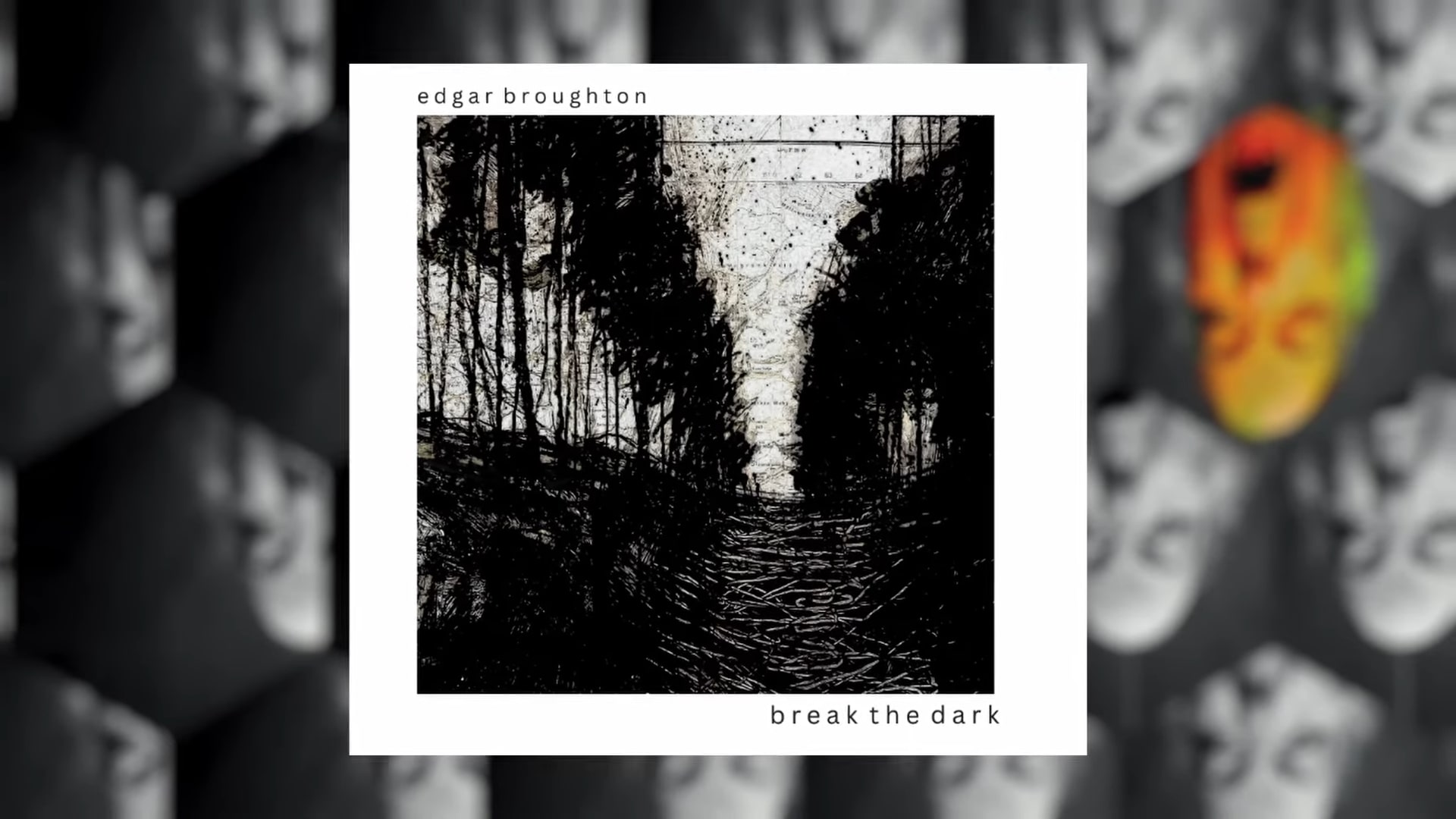
By Brian R. Banks
Like most counterculture survivors still true to the fiery 1960s, Edgar Broughton isn’t exactly prolific. Probably only Neil Young still consistently melds quality with quantity as Dylan treads water, slipping from time to time while skipping originality, and Cohen probably deserved more. Though over 40 years since the Edgar Broughton Band’s last album Superchip, it’s wordsmith crafts memorable songs musically and lyrically still with relevance that’s never opinionated, sailing against the tide but always worth a listen whatever the decade, ever since their storming debut on the legendary rebel label Harvest.
Rather than a well-oiled mainline prone to derailment by fat hangers-on, artists with ‘something to say’ prefer to forge through the dense jungle on their own branch route. In his hairy youth from provincial Warwick to swirling London, Robert Broughton known by his middle name was never flower power like Donovan or Bolan (called by his friend John Peel a flower child with a knife up his sleeve) but astride real-life ramparts among the people of his audience. We live now in a darker age lost in technology and lawfare when plundering banksters with morally bankrupt leaders manufacture consent, says ex-Professor Noam Chomsky, shamelessly locking up citizens not guilty of any crime (Julian Assange, Capitol or King protestors). Mr. Broughton’s anti-conservative flame still burns.
As well as albums that hit the top 50 were great non-album singles, an artistic flexibility extended to radio sessions in that period. One classic of the pre-Punk era was the Edgar Broughton Band’s Hotel Room in 1971, backed with a credo (Judge) Call Me A Liar. This new hour-long CD by Edgar Broughton (Break the Dark, Cherry Red/Esoteric Records) evokes that single’s timeless power with a haunting new solo album that isn’t an isolated strummer but an emotion-fed front-man backed by a familiar rumbling bass and others conveying gravitas.
Aside from his lead vocal, a newly bought Stratocaster with sustainer pickup, flute and programming on an Omnisphere 1 soft synthesizer, Break the Dark features original band member Art Grant on bass and slide/rhythm guitars, Calle Arngrip on cello and guitar (from Sweden, but never met!), backing vocals by son Luke plus Dave Randell. Mixing is by John Leckie who was an engineer at Abbey Road Studio for the band’s debut album when blues, acoustic, psych and prog combined for an original hard rock sound. Like contemporary Jethro Tull, however, memorable quieter songs coloured and toned the canvas texture.
Some of these thirteen songs were written during the Covid debacle which curtailed his working for a fair pay project, as discussed in my interview with him in early 2022. Only one (Almost Dancing, compared by some to late Cohen) is revisited from his self-released album of that period. This opens with a jangly, bell-like One Breath, a yearning love song with power chords and solo, keys and choral-like vocals in the one track of less than four to over five minutes. A minor 70s theme of sexuality resurfaces on Belle of Trevelyan, accompanied by cello, though it implies tragic suicide. All the songs have thought-provoking themes in less overt wording; the movingly beautiful The Sound Don’t Come could be about the loss of his brother and band’s drummer Steve Broughton (“You thought that you had angels wings / that you could dance and fly and sing / now I see you lying there like a broken drum / they beat you but the sound won’t come”), spiky guitar scoring the emotion. Hymn, perhaps to life like Jacques Brel, could have had a harmonium among the strings wafting across.
On the pacier side is Six White Horses, with John Cale-like vocal and phasing in an 80s style, along with Almost Dancing’s ethereal feel despite drums and multi-layering to roll out with pedal steel as if waving on a windy cliff over a fierce sea. Flowers In A Bowl mentions generations in a home, the keening swirled by a reverberating electric solo as it again tags one of his themes (e.g. the live jam Evening Over Rooftops) of birds from a building to sky, as does the heavy in a non-metal sense but 70s swagger of Raven’s Song, a sole co-write with Grant: a cemetery and its symbols, capital-making that needs to use slaves (“a plague” on what brings us to our “knees”), unwinnable war, and the storm yet to come.
The closing title track reiterates (in blank verse) his pained regret for children without light on their way through dark. Eulia suggests, by that Eastern name and ballad sadness, travels by train in a suitably electric setting. The water-lapped Deben Flow presumably refers to that Suffolk river leading to the North Sea, by turns menacing and uplifting while becoming free. In The Half Light references ageing that survives those departed, as another early trope reprises a Native ending to a slow-step serenade. The only cover is Morning Dew, a 21st century vibe replacing the riff with almost tribal accompaniment (and flute) in a unique version of evocative melody layered for depth. Much covered in the late 60s and 70s by such as Uriah Heep, it’s overgenerous to say by Bonnie Dobson and Tim Rose, as he took Ms. Dobson’s song without credit to the songwriter!
Another link to the band’s last LP, Superchip (recently in Cherry Red’s superb box Speak Down The Wires 1975-1982), is the hidden last track of machine-made warnings reminiscent of that 80s album’s The Virus. The artistic booklet has a one-page discussion by the songwriter and lyrics illustrated by Ian Pearsall. Hopefully not a swansong, it’s another original canvas (described as “stunning” by Burning Shed among others) like all his work through the decades. Worth grabbing before the tide overwhelms. Unmissable, pure and simple.
